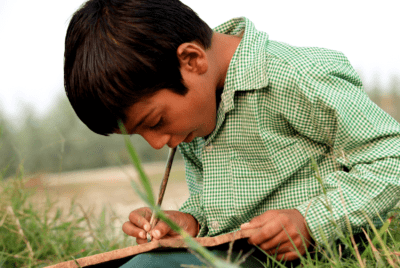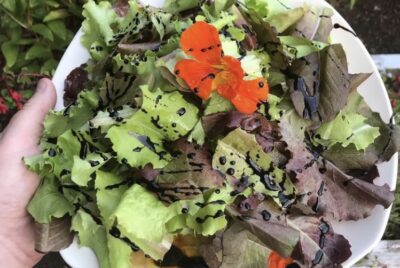RESEARCH
Community gardens as psychosocial interventions for refugees and migrants: a narrative review
Summary
This paper looks at how community gardens can help refugees and migrants with their mental and social well-being as they adjust to a new country. The researchers reviewed 21 articles to understand the benefits of gardening programs for these groups. They found that community gardens helped refugees and migrants maintain a sense of identity and adapt to their new surroundings by using their existing farming knowledge. The gardens also created opportunities for social connection with other refugees, migrants, and members of the local community. Participants gained a sense of purpose and self-worth by growing food and sharing it with others.
The review highlights that community gardens can be effective in supporting refugees and migrants by helping them re-establish important aspects of their lives that are often disrupted when they are forced to leave their homes. The findings emphasize the need to acknowledge and respect the traditions and agricultural knowledge of refugees when designing these programs. More research is needed to understand how to create community gardens that truly meet the needs of refugees and migrants and avoid unintentionally creating feelings of insecurity or cultural disconnect.







